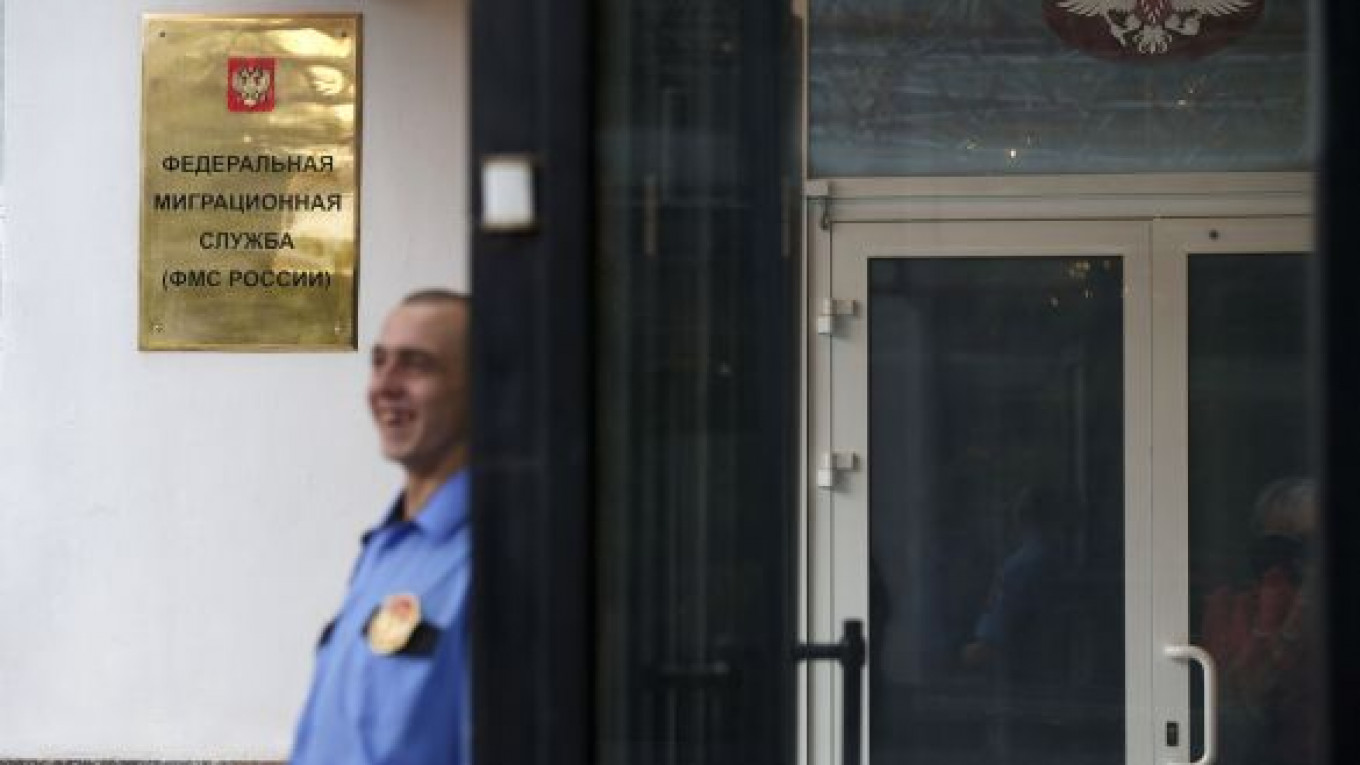Former U.S. spy agency contractor Edward Snowden applied for temporary asylum in Russia on Tuesday after three weeks holed up at a Moscow airport trying to avoid prosecution in the United States on espionage charges.
Snowden says he is seeking refuge in Latin America after leaking details of U.S. government surveillance programs, but he has not risked taking any flight that might be intercepted by the United States since flying in from Hong Kong on June 23.
"He reached the conclusion that he needs to write an application for temporary asylum [in Russia], and this procedure has just been done," said Anatoly Kucherena, a lawyer who met Snowden on Friday along with human rights activists.
"For now he is not going to go anywhere. For now he plans to stay in Russia," he said, adding that if Snowden were granted temporary asylum, he would have the same rights as other citizens and be free to work and travel in Russia.
The asylum application could end his time in limbo but risks deepening tension between the United States and Russia, which has refused to expel him to his homeland but has also kept him at arm's length, saying he has not crossed the border.
Unlike political asylum, granting Snowden temporary asylum would not require a decree from President Vladimir Putin, who may hope it is the best option for minimizing the damage to U.S. ties without looking weak in the eyes of Russians.
The Kremlin sought to distance Putin from the asylum decision, which is formally up to immigration officials but is widely expected to be in the president's hands.
"If we are talking about temporary asylum, this is an issue not for the president but for the Federal Migration Service," Putin spokesman Dmitry Peskov told reporters in the Siberian city of Chita.
Migration service head Konstantin Romodanovsky confirmed that the agency had received Snowden's application. Anti-secrecy group Wikileaks, which has been helping Snowden, said on Twitter that he had applied for "a temporary protection visa."
Snowden, 30, is trapped in the transit zone of Moscow's Sheremetyevo airport, an area between the runway and passport control that Russia regards as neutral territory.
He said Friday that he would seek refuge in Russia only until he could travel to one of the three Latin American countries ready to give him political asylum — Venezuela, Bolivia and Nicaragua.
He said the United States and its allies were preventing him from reaching those countries. Washington has revoked Snowden's passport and urged other nations not to help him reach an asylum destination.
Kucherena said he expected a decision on Snowden's asylum request "soon," though the migration service has up to three months to decide on the application. Temporary asylum is granted for up to a year, with the possibility of extension.
After Snowden met lawyers and activists at the airport Friday, many pro-Kremlin politicians went on state television to say Russia should grant him asylum.
"He fears torture or the death penalty may be applied to him," said Kucherena, who said he had been advising Snowden since the airport meeting.
A Message from The Moscow Times:
Dear readers,
We are facing unprecedented challenges. Russia's Prosecutor General's Office has designated The Moscow Times as an "undesirable" organization, criminalizing our work and putting our staff at risk of prosecution. This follows our earlier unjust labeling as a "foreign agent."
These actions are direct attempts to silence independent journalism in Russia. The authorities claim our work "discredits the decisions of the Russian leadership." We see things differently: we strive to provide accurate, unbiased reporting on Russia.
We, the journalists of The Moscow Times, refuse to be silenced. But to continue our work, we need your help.
Your support, no matter how small, makes a world of difference. If you can, please support us monthly starting from just $2. It's quick to set up, and every contribution makes a significant impact.
By supporting The Moscow Times, you're defending open, independent journalism in the face of repression. Thank you for standing with us.
Remind me later.






